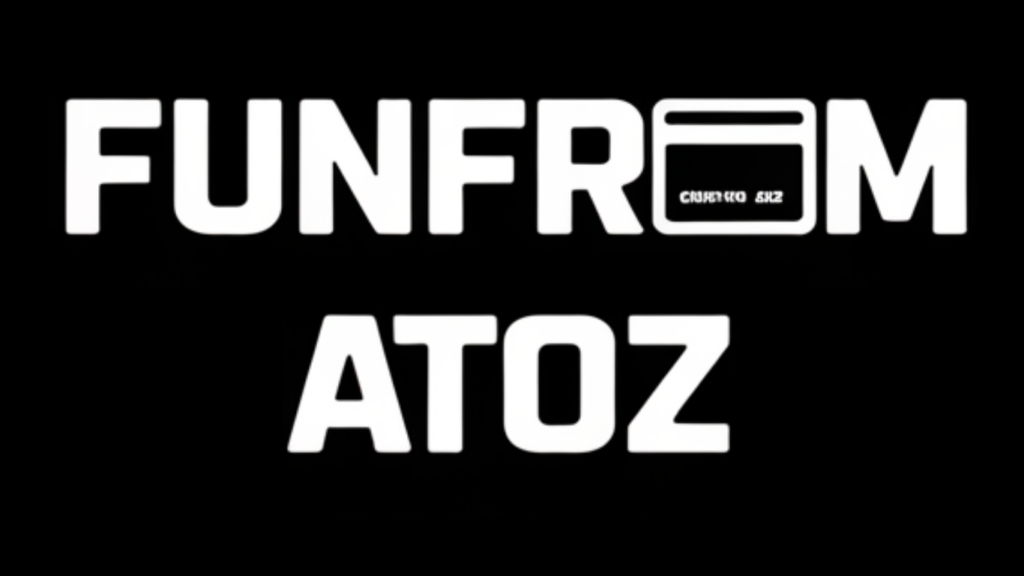In the age of online shopping and frequent sales, discerning if a discount is truly worth your hard-earned money can be a daunting task. With retailers constantly vying for attention through flashy promotions, it becomes crucial to differentiate between genuine savings and cleverly disguised marketing tactics. So, how do you know if the discount is worth it?
Unraveling the value behind discounts involves more than just looking at price tags. By understanding the strategies retailers employ and assessing the actual benefits, you can make informed purchasing decisions. It’s all about learning to read between the lines and evaluating whether the deal aligns with your needs and budget.
In this post, we’ll guide you through essential tips and insights to ensure every deal you encounter aligns with your shopping goals. From evaluating the original price to understanding your own purchasing motives, you’ll gain the confidence to determine when a discount is genuinely advantageous.
Understanding the Original Price
One of the first steps in determining if a discount is worthwhile is to evaluate the original price of a product. Retailers sometimes inflate prices prior to offering discounts, creating the illusion of greater savings. By researching historical prices or using price comparison tools, consumers can gain insight into whether a discount is legitimate.
It’s essential to understand the value of the product in its market. Is the item often sold at the listed original price? If it regularly sells for less, the advertised discount may not be as significant as it appears. Always look for price trends over time to gauge the real savings.
Additionally, assessing product reviews can provide context regarding its quality and pricing history. An exaggerated discount on an inferior product may not provide the value or satisfaction anticipated. Understand each item’s market value before proceeding with any purchase.
Assessing Your Own Needs
Before making an impulse purchase just because an item is on sale, reflect on your own needs and desires. Is this an item you’ve planned to buy, or is it an unnecessary luxury that caught your eye because of the discounted price? Understanding your motivations helps in making rational buying decisions.
Consider how the item will fit into your daily life. Will it serve a practical purpose or significantly improve a particular aspect of your lifestyle? If a product fulfills a need rather than a temporary desire, it may be worth even a moderate discount.
Your budget is another crucial element. Even heavily discounted items can cause financial stress if they exceed your spending limit. Evaluate whether a discounted purchase aligns with your financial goals, ensuring long-term benefits over impulsive spending.
Evaluating Product Quality
A discount should never compromise product quality. Sometimes, retailers offer discounts on items due to defects, poor craftsmanship, or outdated models. It’s essential to scrutinize the quality of a product before purchase to ensure it’s worth the new price.
Check for online reviews or expert assessments that highlight quality concerns. Sometimes low-cost items are priced low for a reason, and buying them could result in additional costs to fix or replace defective products. Therefore, quality should remain a top priority.
Understanding the brand’s reputation can also provide insights into the quality of the product. Brands renowned for their durability and reliability may offer end-of-season discounts or clearance sales on older models. These reputable sources can often provide genuine deals without compromising quality.
The Timing of Purchases
Timing can significantly influence whether a discount is worthwhile. Sales seasons such as Black Friday, Boxing Day, or back-to-school can offer genuine discounts; understanding the timing of these sales helps plan purchases strategically.
Pay attention to seasonal sales corresponding to different product categories. Electronics and apparel have specific times of the year conducive to discounts. Buying at the right time can ensure you’re accessing the deepest discounts available.
Consider using technological tools like price trackers that notify you of the most significant price drops. These tools can assist in knowing when to make a purchase and avoid regretting potential price reductions later.
Considering Hidden Fees and Offers
While a product may seem attractively priced, additional fees, such as taxes and shipping, can add unexpected costs that diminish the overall value of the discount. It’s always advisable to understand the final price before checkout.
Similarly, retailers may employ tactics like bundled offers or upselling to increase the transaction value. While these offers can be tempting, assess whether they align with your original intentions and needs to avoid unnecessary additions to your cart.
Promotional offers may include financing options or membership fees that could carry hidden interest rates or require long-term commitments. Always review the terms to ensure that the perceived savings are not offset by future costs.
Conclusion
Discerning whether a discount is truly worthwhile involves a careful analysis of multiple factors, including the original price, product quality, timing, hidden fees, and personal needs. By equipping oneself with the right knowledge and tools, consumers can confidently navigate sales and promotions, ensuring that every purchase is a wise investment worth the hard-earned money spent.

